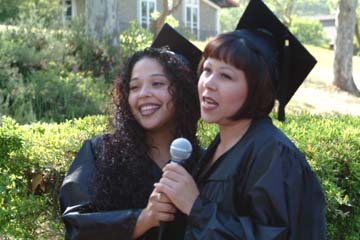Course Learning Outcomes: English 260
1. Students will use critical thinking skills, such as deciphering fact and opinion, bias, and logical fallacies.
2. Students will develop and engage in higher order thinking skills, including analysis, comparison/contrast, synthesis, inference, and classification
3. Students will recognize, utilize, and differentiate between abstract concepts and concrete examples.
4. Students will formulate and practice successful approaches to learning college-level vocabulary, including identifying meaning through context, differentiating connotation and denotation, and dictionary skills.
5. Students will demonstrate the ability to respond to college-level reading through paraphrase, summary, and responses to questions about reading selections.
6. Students will decipher and explain main idea, supporting points, tone, purpose, figure of speech, and point of view.
7. Students will distinguish the link between rate and comprehension and demonstrate rate flexibility by practicing techniques for faster reading and adjusting rate for purpose.
8. Students will apply research skills to enhance reading comprehension, such as finding background information on a given text, which may include evaluating sources and basic internet skills.
9. Students will distinguish components of a variety of college-level reading material, including textbooks, scholarly journal articles, newspaper articles, essays, and works of fiction and poetry.
10. Students will utilize a variety of tools for reading comprehension, which may include graphic organizers such as KWL+ charts. |

 Page last modified
1/16/10
Page last modified
1/16/10